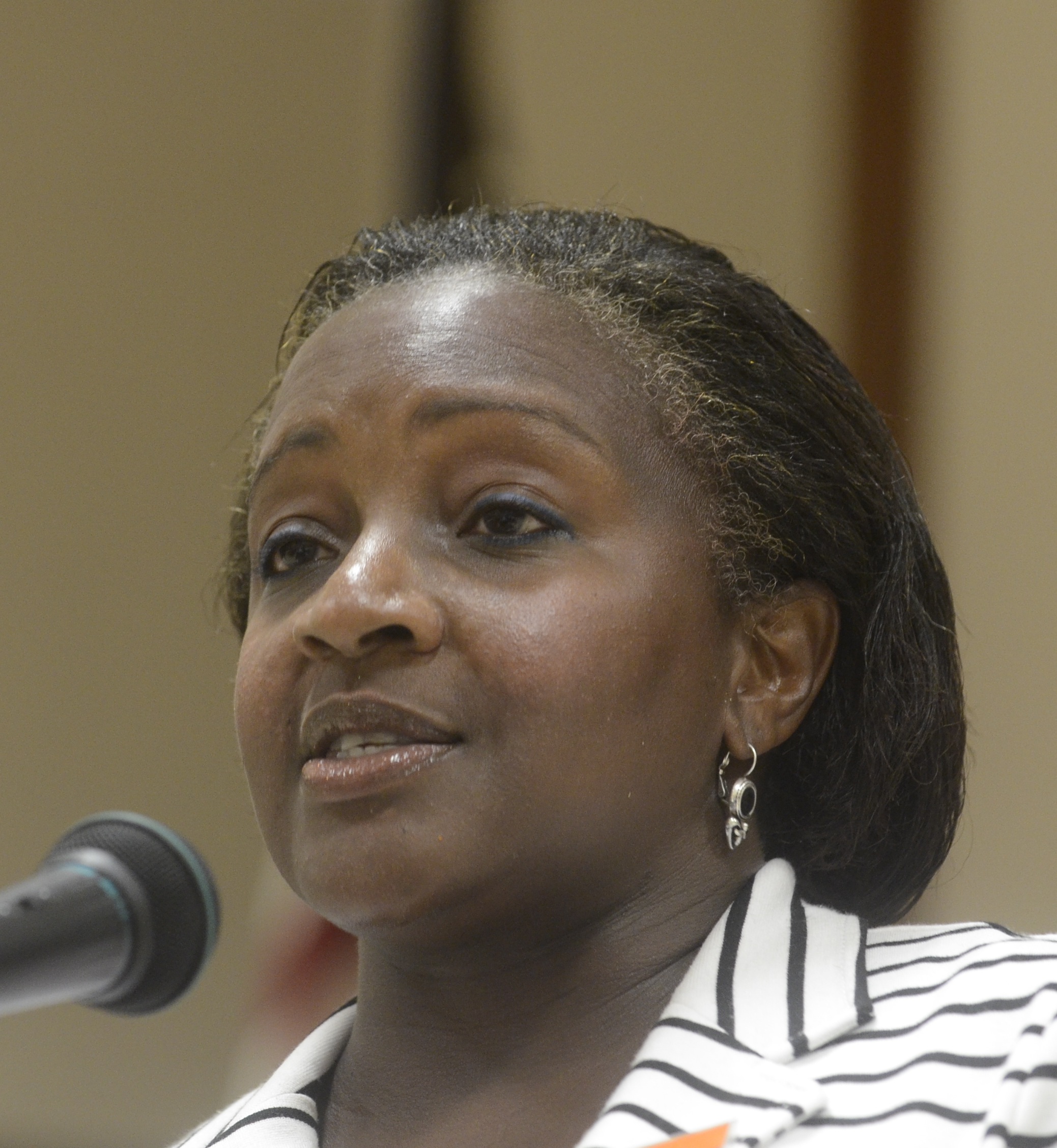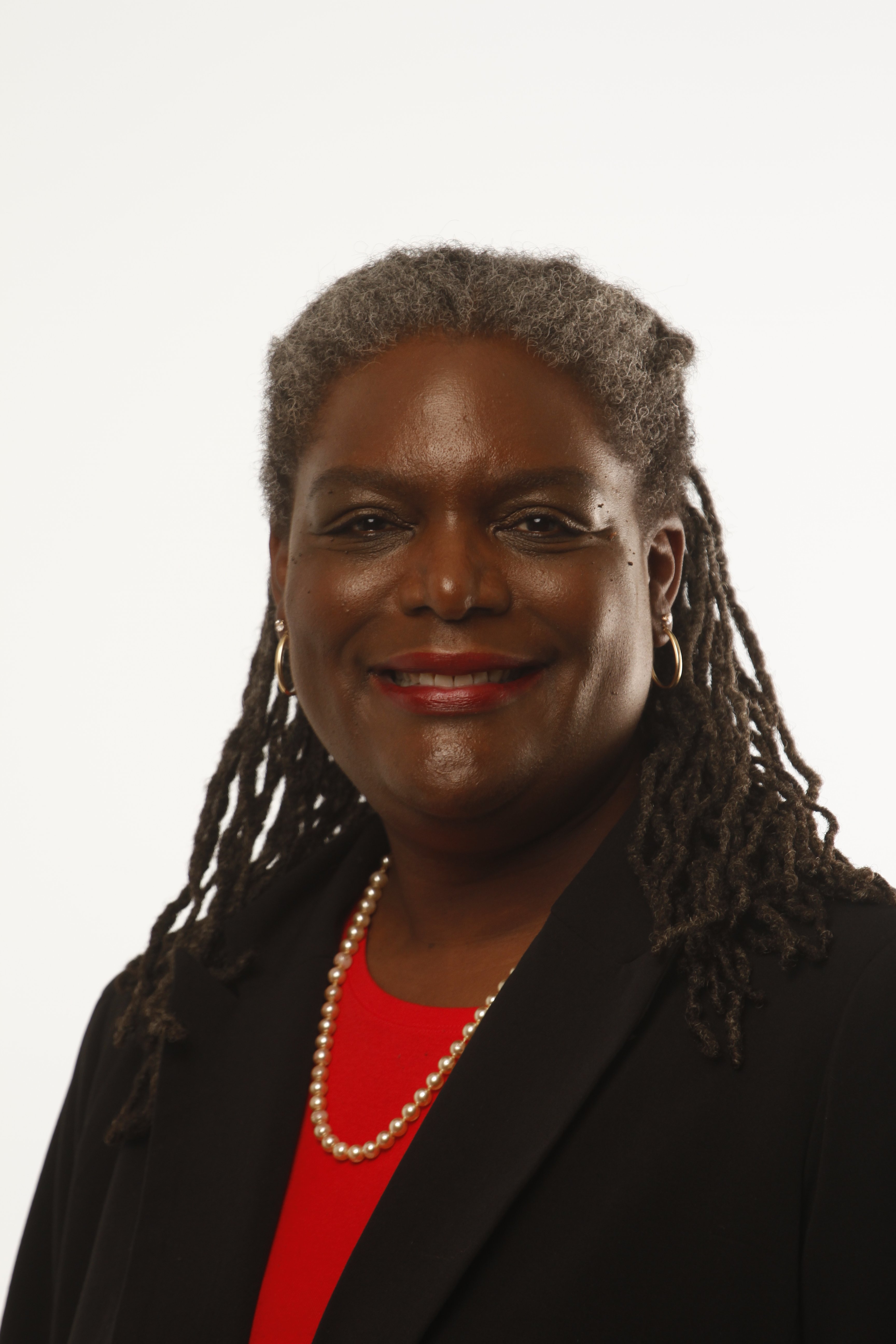Echols-Mitchell has right ideas
Rob Philyaw was the controversial appointment to the Juvenile Court judgeship and has served in that position for just over a year. While his politics are too conservative for our liking, he seems to have made a fair start in Juvenile Court, just not quite fair enough to receive our endorsement. Instead, we give that to 20-year attorney and former Hamilton County child abuse prosecutor and magistrate Yolanda Echols Mitchell.
Philyaw has moved pretty fast in his first year -- implementing Hamilton County's first juvenile drug court and a youth peer court. He also has participated in the city's Violence Reduction Initiative and recently released a report from a first-ever local truancy task force.
All that said, we don't think some of those actions were wise. Nor do we believe he was, when he became juvenile judge, as qualified for the job as his current challenger.
Philyaw now is the incumbent with a year's experience in Juvenile Court under his belt. His efforts to learn the court and to commission reports from task forces are impressive. While the most recent truancy task force found very predictable problems (a school system so dysfunctional that it can't accurately count truancy cases), at least someone has finally taken charge and made the bold step of documenting our community flaws.
But Echols Mitchell shoots what we think is a very valid hole in one of Philyaw's programs -- Youth Peer Court.
Juvenile justice is supposed to be anonymous to protect children who commit crimes -- including some crimes like truancy that would not be crimes if the youngsters were 18 or older.
Certainly the most important group to protect those minors from might be their own peers, especially in this age of bullying and social media. Yet with our Youth Peer Courts, we blatantly trust that anonymity will be protected just because we tell these teen court members that their procedures must be secret.
These programs may be great for school mock courts, but they simply don't belong in real Juvenile Court settings.
Echols Mitchell also questions how the peer court program benefits the children and parents who are in Juvenile Court as offenders and victims.
She is absolutely right, and we endorse her for Juvenile Court judge.
Garth is still the best choice
Ardena Garth has built a legacy of good work from the Hamilton County Public Defenders Office that she built in 1989 from the ground up, and the office continues to be an example across the country.
We endorse her in her fourth bid to remain head of the Hamilton County Public Defender's Office
But the 1974 valedictorian of Ooltewah High School faces a stronger challenge this year than ever before: Republican Steve Smith, a former prosecutor, is campaigning hard and hitting all the GOP buzz buttons. Smith, 41, won his unopposed May primary election for the GOP nod with 12,031 votes. Though the Republican turnout was significantly higher than the Democrats', Garth, 58, won her unopposed primary with 5,620 votes. Garth won her first two elections to eight-year terms against previous challengers but did not face opposition in 2006.
The public defender's office -- with 27 attorneys, investigators and staff members -- serves indigent defendants in both Hamilton County General Sessions and Criminal courts. In the mid-1990s, Garth said the work of an intern in her office taught her the value of social work in legal defense to help find out about a defendant's family, work needs and even simple transportation to a job. So she advocated for and built a social work position into her office. The position, called a "sentencing advocate," has been replicated in public defender offices around the country.
"We were ahead of the curve," she said.
Garth also is working with other court personnel to establish a mental health court, which would offer programs to help mentally ill people accused of crimes. She compares it to her similar involvement in the beginnings of the county drug court, which offers treatment and second chances to drug addicts convicted of nonviolent crimes.
Smith has said his goal is to create a more efficient public defender's office, where he also would demand more trials earlier for cases that don't quickly find resolutions by plea negotiations between the public defender and prosecutor. He said he sees some in the public defender's office more interested in the "fight" with the state than in defendants.
"I see the office more interested in gamesmanship and pettiness than providing a service for their clients," he said in a questionnaire from the newspaper. "
Trials have to do with justice, not efficiency, and almost always they result in more "fight," not less. Finally, the resolution of plea agreements is a two-way street: prosecutors have to make concessions, too. Smith, as a prosecutor surely knows this, but he thinks voters don't.
We think it is Smith who is wrapped up in the prosecutors vs. defenders "fight."
Garth is interested in justice. We endorse that -- and her.

